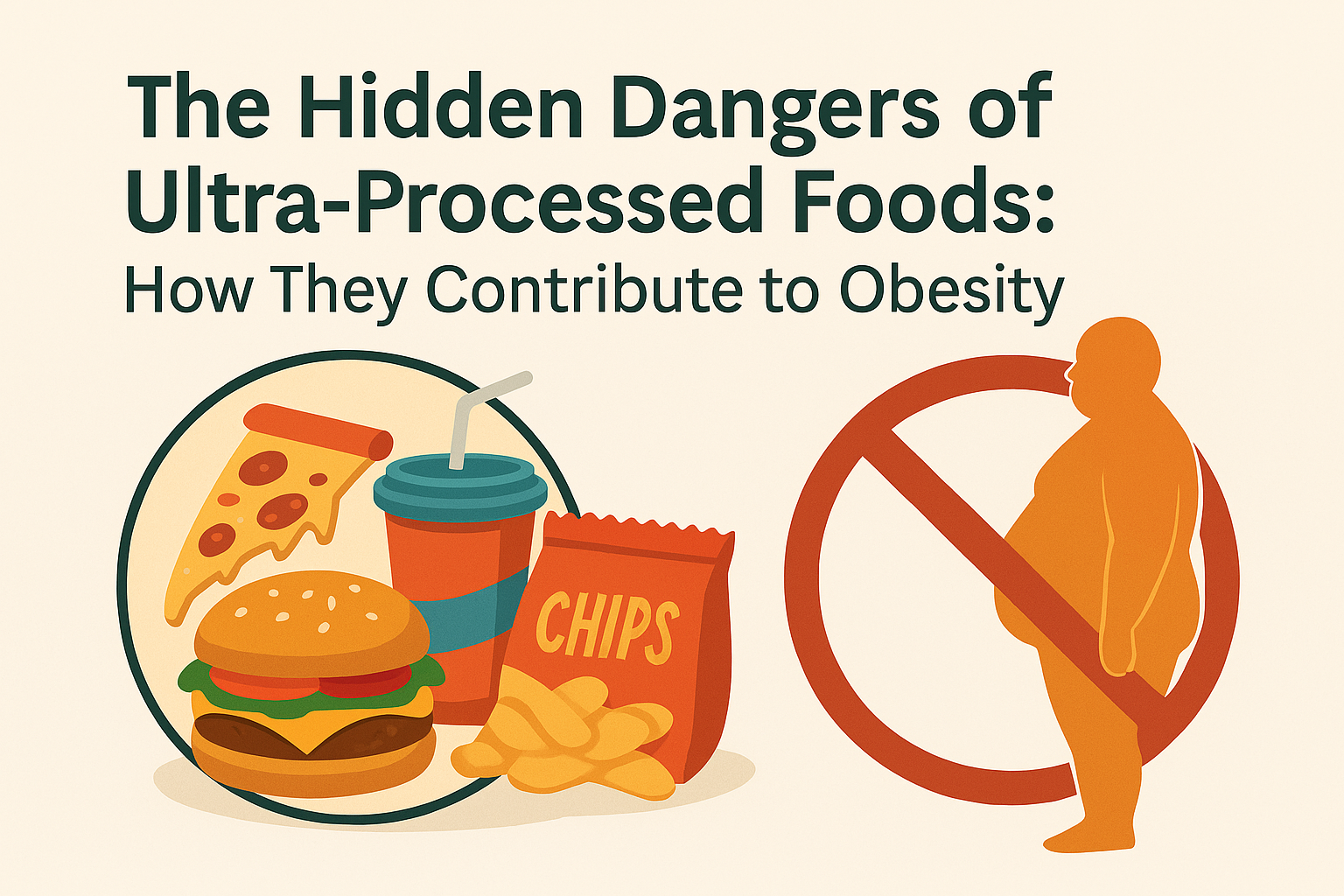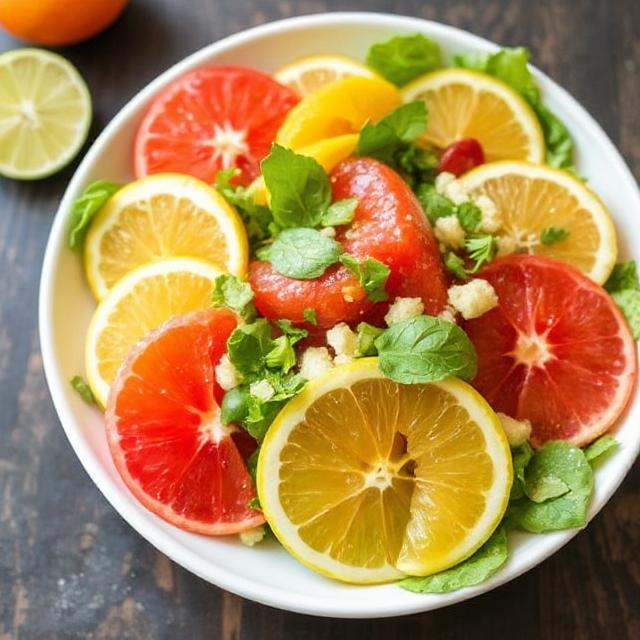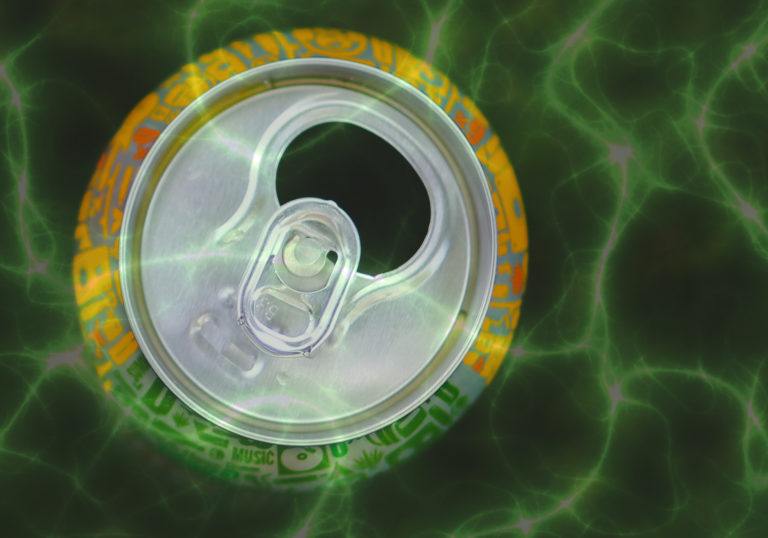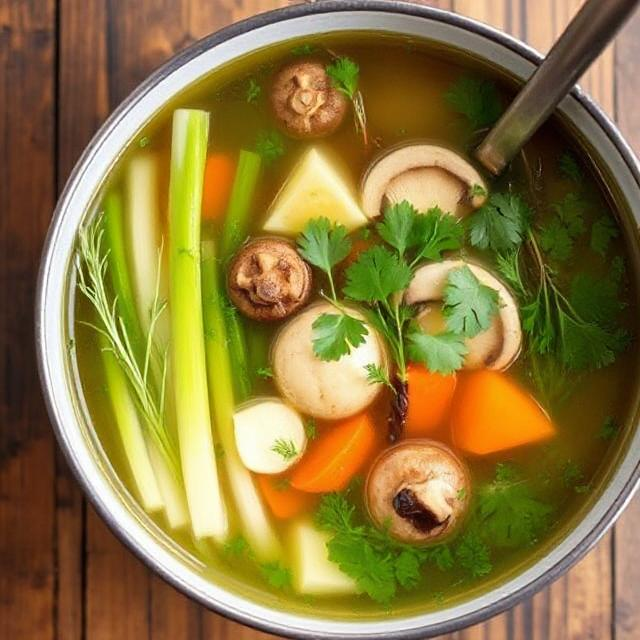When it comes to choosing a beverage, nothing beats water. It's calorie-free, widely accessible, and perfectly suited to meet your hydration needs. Whether it’s restoring lost fluids or supporting digestion, water plays a critical role in keeping the body running smoothly.
Why Water Matters
Water is essential at every age, comprising about 60% of an adult’s body weight. It supports various vital functions such as:
- Regulating body temperature
- Aiding digestion
- Lubricating joints and tissues
- Maintaining skin health
- Removing waste through sweat and urine
How Much Water Do You Need?
While the popular “8 glasses a day” advice is well-known, hydration needs vary by age, activity level, and environment. The National Academy of Medicine recommends the following daily fluid intakes:
| Age Group | Daily Intake (Cups/Ounces) |
|---|---|
| 1–3 years | 4 cups / 32 oz |
| 4–8 years | 5 cups / 40 oz |
| 9–13 years | 7–8 cups / 56–64 oz |
| 14–18 years | 8–11 cups / 64–88 oz |
| Men (19+) | 13 cups / 104 oz |
| Women (19+) | 9 cups / 72 oz |
| Pregnant Women | 10 cups / 80 oz |
| Breastfeeding Women | 13 cups / 104 oz |
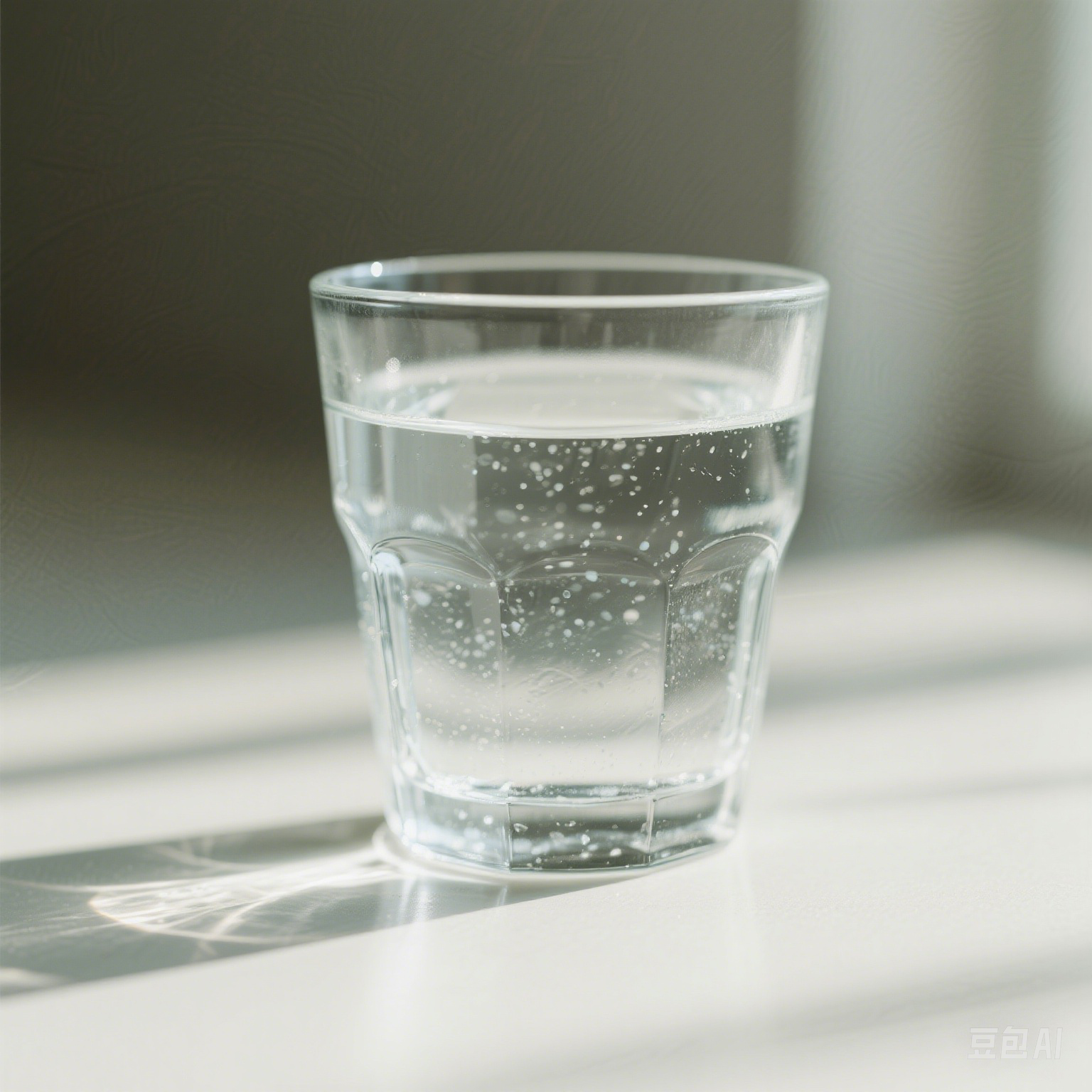
Special Considerations
Avocados are packed with beneficial compounds like carotenoids, monounsaturated fats, potassium, and fiber, all of which contribute to reducing the risk of chronic diseases when incorporated into a well-balanced diet.
- Increased Needs: Hot weather, exercise, fever, or conditions like vomiting and diarrhea can raise hydration requirements.
- Urine Clues: Dark or low-volume urine may indicate dehydration—though color can also be affected by diet and medication.
- Alcohol and Caffeine: Alcohol suppresses hormones that regulate fluid balance, increasing the risk of dehydration. Caffeinated beverages may have a mild diuretic effect in large amounts but can still contribute to hydration.
Alkaline Water: Trend vs. Truth
Alkaline water, with a pH of 8–9, is touted for health benefits like weight loss and detoxification. However, the body tightly regulates blood pH, and diet alone has minimal effect on it. Research doesn’t strongly support the claimed benefits. Still, if alkaline water encourages more fluid intake, it can be beneficial for that reason alone.
Is Thirst a Reliable Indicator?
Thirst works well for most people—but not everyone. Older adults, infants, and those with certain health conditions may have a diminished thirst response. In such cases, setting daily goals (e.g., four 20-ounce bottles) or drinking a glass of water with each meal can help maintain hydration.
Signs of Dehydration
Even mild dehydration can cause:
- Fatigue
- Irritability or mood swings
- Confusion or poor memory
- Urinary tract infections
- Kidney stones
- Constipation
- Gallstones
Can You Drink Too Much Water?
Although rare, excessive water intake in a short period can lead to hyponatremia—a dangerous drop in blood sodium levels. Symptoms include:
- Confusion
- Nausea
- Muscle spasms
- Seizures
Smart Hydration Tips
Want to drink more water without the boredom? Try these tasty, healthy alternatives:
- Infused Water: Add lemon, cucumber, berries, ginger, or mint for natural flavor.
- Sparkling Water with Juice: Mix 12 oz sparkling water with 1–2 oz juice and a citrus slice for a low-calorie refreshment.
- Eco-friendly Bottles: Carry a reusable bottle to stay hydrated and reduce single-use plastic waste.
Final Thoughts: Whether you prefer it plain, sparkling, or infused, water remains the best way to hydrate. Listen to your body, make water a habit, and enjoy the benefits of staying well-hydrated every day.
Reviewed by: NutriWise Editorial Team
Sources: POUNDS Lost Study, Harvard Nutrition Source



